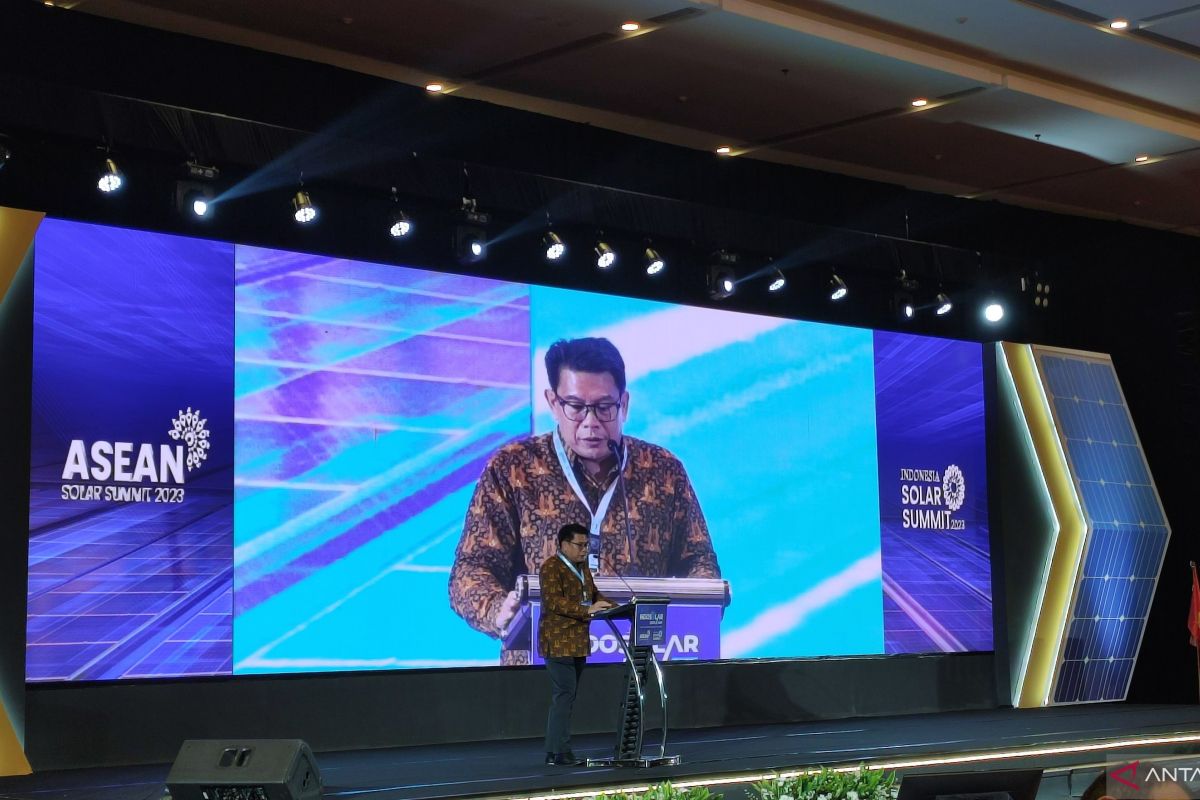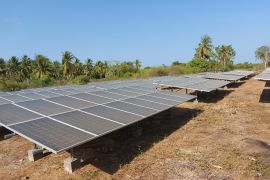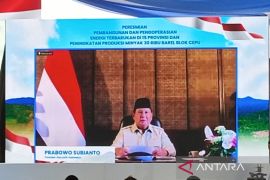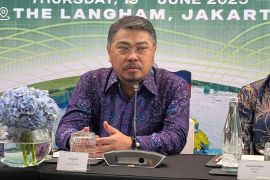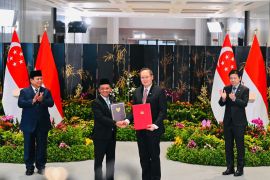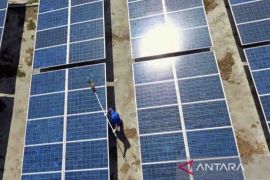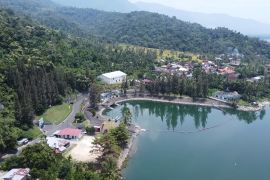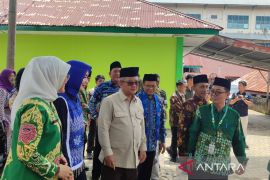We believe Southeast Asia has the potential to become a solar panel manufacturing hub to supply domestic and global demand.Jakarta (ANTARA) - ASEAN has the potential to become a global solar panel manufacturing hub given its rapid economic growth and high electricity demand, according to the Institute for Essential Services Reform (IESR).
"We believe Southeast Asia has the potential to become a solar panel manufacturing hub to supply domestic and global demand," executive director of IESR, Fabby Tumiwa, said at the Indosolar Expo 2023 in Jakarta on Tuesday.
With the large potential of solar power sources and declining installation costs as well as favorable policies in a number of countries, ASEAN could surpass other regions in the development of solar panel manufacturing, Tumiwa expounded.
The region's solar panel capacity is expected to grow from 25 GW in 2021 to 107–142 GW by 2030.
However, he added, the growth rate is still not enough to achieve the target of limiting the rise in Earth's temperature to 1.5 degrees Celsius.
"Based on IRENA (International Renewable Energy Agency) calculations, solar panels' capacity must reach at least 241 GW by 2030 and the total installed capacity of solar panels must reach 2,100–2,400 GW by 2050 to be in line with the 1.5-degree temperature reduction target," he said.
According to Tumiwa, ASEAN has enough space on land, on the roofs of buildings, and on the surface of the waters for solar panel installations.
ASEAN also has the potential to install 820 GW of floating solar panels to supply 30 percent of the required capacity by 2050 to help reduce warming.
Currently, 7 ASEAN countries have built solar panel facilities with a total capacity of around 70 GW. The countries are Vietnam, Malaysia, Indonesia, Thailand, the Philippines, Cambodia, and Singapore.
"All of these countries have factories to produce solar modules. Indonesia also has one but the capacity is only 1.6 GW; Vietnam has the biggest (capacity) of 34 GW," he added.
Tumiwa said the capacity of the solar panel industry has reached half of the industry's total installed capacity in ASEAN as the region has a complete supply chain starting from polysilicon, ingots, wafers, solar cells, and other components.
Indonesia, on the other hand, has a comparative advantage to develop the industry domestically.
"That's why Indonesia also needs to build from its upstream industry, from polysilicon, an important raw material for solar panels," he said.
Related news: Solar, wind power can help meet rising clean energy demand: analyst
Related news: Indonesia to launch integrated solar panel industry project soon
Translator: Ade Irma Junida, Sri Haryati
Editor: Azis Kurmala
Copyright © ANTARA 2023
